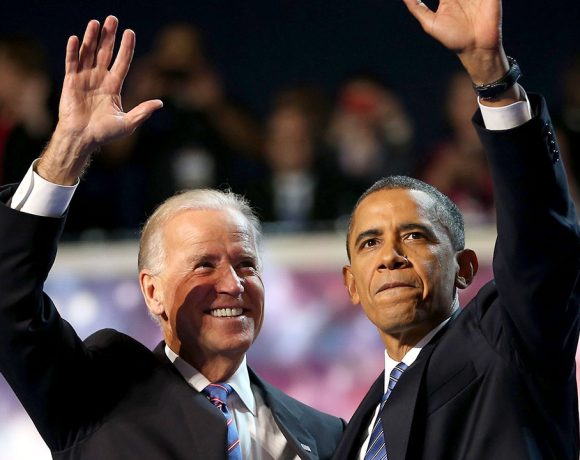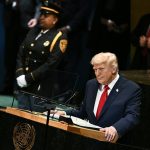
Federal Judge Blocks Trump’s Executive Order Ending Birthright Citizenship
A federal judge has temporarily blocked President Donald Trump’s executive order aimed at ending birthright citizenship in the United States, labeling the action as “blatantly unconstitutional.” The order, signed on January 20, 2025, sought to deny citizenship to children born in the U.S. to non-citizen parents, challenging the long-standing interpretation of the 14th Amendment.
The 14th Amendment grants citizenship to “all persons born or naturalized in the United States.” Legal experts and civil rights organizations argue that the President’s order contradicts this constitutional provision. The American Civil Liberties Union (ACLU) and several state attorneys general filed lawsuits immediately after the order was issued, asserting that such a significant change requires a constitutional amendment rather than an executive directive.
In his ruling, Judge John C. Coughenour emphasized that the executive branch lacks the authority to unilaterally alter constitutional rights. He stated that any modification to birthright citizenship must undergo the rigorous process of constitutional amendment, which involves both Congress and the states.
The Department of Justice, representing the Trump administration, has indicated plans to appeal the decision, potentially escalating the matter to the Supreme Court. In the meantime, the injunction prevents the enforcement of the executive order, maintaining the current interpretation of birthright citizenship.
This legal battle underscores the complexities of immigration policy and constitutional law in the United States. The outcome of this case could have profound implications for millions of individuals and families, particularly within immigrant communities. As the judicial process unfolds, the nation watches closely, recognizing the potential for significant shifts in the understanding and application of constitutional citizenship rights.


















